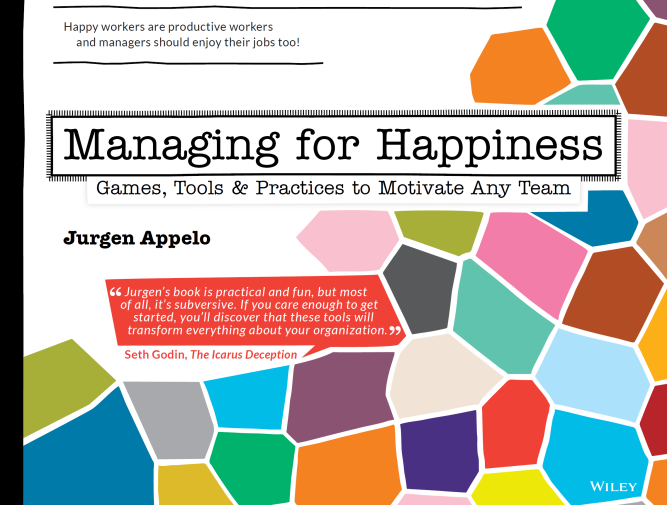Many workers have experienced problems with traditional job titles and career ladders. But names are…

The Problem with Job Titles
There are many problems with job titles. It is time that we reconsider their use.
The European Commission has, at the time I’m writing this, a “team” of 28 Commissioners. One of them has the title of President, and no less than eight of the others have been bestowed the title of Vice-President. (Eight Vice‑Presidents?) And then there is the European Parliament, with its own President, and a European Council, also with its own President. It’s no wonder the European Union has trouble making decisions, having as many heads as the Lernaean Hydra.
Job Title Inflation
Inflation is one the biggest problem with job titles. Typical bureaucratic organizations are infested with Presidents, Chiefs, Vices, Seniors, Executives, and Directors. With employees in a hierarchy always comparing themselves with the worst performers on the next higher level, the temptation is high for workers to demand better sounding titles, and for managers to give them. Some say fancy job titles are the easiest way to please employees, and they cost nothing. “If it makes people feel better, let them feel better.” is what they say.
However, I agree with others who say the glamorization of job titles definitely comes with a cost. A ladder of titles reinforces the corporate hierarchy, which can seriously hurt innovation in the long term. What you want is for best ideas to grow bottom-up, perhaps offered by the Director of First Impressions (or Receptionist), the Underwater Ceramic Technician (or Dishwasher), and the Media Publications Administrator (or Paperboy).
It hardly needs pointing out that the glamorization of job titles can backfire. The reputations of both workers and organizations can be hurt by the devaluation and dilution of titles. (I mean, seriously, eight Vice-Presidents among 28 Commissioners?) Creative names can also cause a problem for people’s future careers. Hiring managers and HR professionals usually search for familiar titles. If the official job title in your previous job was “Code Ninja” instead of “Software Developer” you might find it harder to be discovered by recruiters through applicant tracking systems.
Narrow Job Descriptions
A second problem with job titles is that they have a tendency to pigeon-hole people into narrow job descriptions. In one big organization many years ago I experienced personally that it didn’t matter at all that I had talents for writing, speaking, teaching, and organizing. All that mattered for the company was the part of me that could be squeezed neatly into the open position of .NET Software Developer. The large chunks of me that didn’t exactly fit into the available slot begged for attention and cultivation, but were diligently ignored.
No Standardization of Job Titles
A third problem with job titles is that there is often hardly any standardization of what they mean. An interaction designer in one company could be responsible for very different things compared to an interaction designer in another company just around the corner. The CEO of Happy Melly can hardly be compared with the CEO of Google. And despite the existence of an international Project Management Institute (PMI), an extensive body of knowledge (PMBoK), and an international project management method (PRINCE2), several project managers have told me they have no idea what people with the same title of Project Manager are doing in other organizations.
Prejudice and Boxes
A fourth problem is the prejudice that often goes hand-in-hand with job titles. The CEO is usually male, while the Office Manager is expected to be female. The Receptionist is white and the Janitor is black. The Board Member is old, and the Trainee is young. The Public Speaker is an extrovert, and the Book Writer is an introvert. (The Vice-Presidents in the European Commission are, I suspect, overpaid and overtitled.) Many job titles, or at least the ones that come with assumptions, have a tendency to put people in boxes.
I think it is time we reconsider our use of job titles.
What do you think?
(image: EvelynGiggles, Creative Commons 2.0)
My new book Managing for Happiness is available from June 2016.






